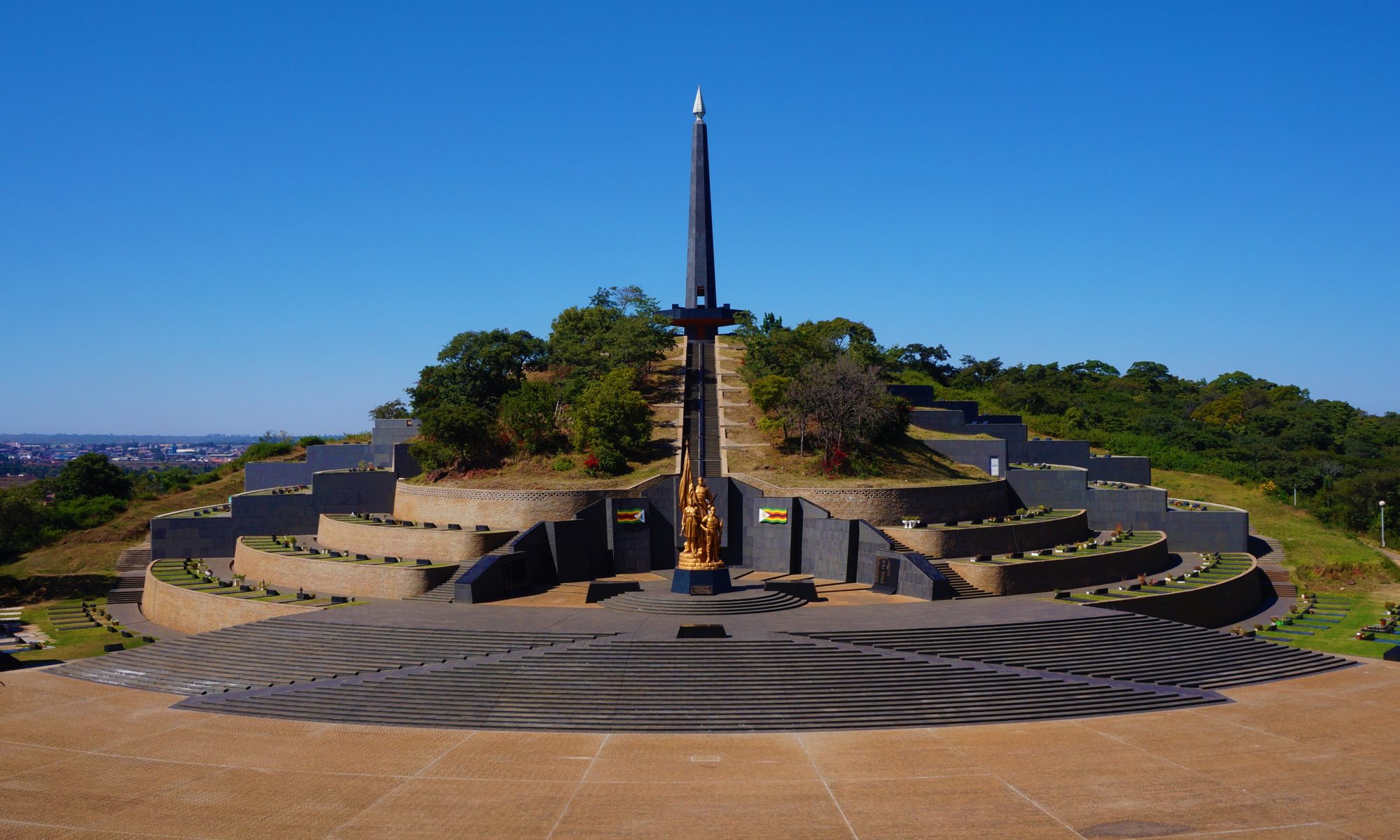During the 1960s, growing African nationalism led to several countries across the continent shaking off the yoke of colonial rule and gaining independence.
A guerrilla war saw the late former Vice President, Joshua Nkomo's Zimbabwe African People's Union (ZAPU) and the late former President, Robert Mugabe's Zimbabwe African National Union (ZANU) fought together to remove the Rhodesian government, led by Ian Smith. Among other departed heroes and heroines, the nation remembers comrades like Rekayi Tangwena, Edgar Tekere, Sally Mugabe, Alfred Nikita Mangena, Mama Mafuyana and Josiah Tongogara. Also, among the living heroes are President Emmerson Mnangagwa, Cdes Christopher Mutsvangwa, Monica Mutsvangwa and Sydney Sekeramayi.
It is imperative to note that Heroes’ Day is a celebration of goodness. It reminds us of the goodness that surrounds the nation and how we, as citizens should be patriotic. The day rekindles our faith in the country’s freedom fighters. In addition, the day inspires us to be brave, following the footsteps of those who liberated Zimbabwe. Heroes’ Day also encourages us as a nation to take charge of our lives and do something good for the prosperity of our motherland, Zimbabwe.
Thus, today the nation remembers those brave fighters who took part in the war and perished at Nyadzonya and Chimoio refugee camps. In 1977, the mass murder of innocent refugees at Chimoio by the Rhodesian forces woke the world to the shocking news of the atrocity we now know as the Chimoio Massacre. Also, the deadly Nyadzonia conflagration killed more than 2 000 people. While we honour and celebrate the lives of the gallant sons and daughters, particularly those whose remains are buried at various shrines, we should also remember and honour the peasants and workers who were killed as revenge by the Rhodesian regime.
In that regard, there is no doubt that the Chimoio massacre remains fixed in the national psyche and as a continuous reminder that Zimbabwe’s independence did not come on a silver platter, instead, it was paid for in full measure and ultimate sacrifice of blood and life.
As the nation commemorates Heroes Day, Zimbabweans should recommit themselves to the ideals for which the war liberators stood and fought for so bravely. Thus, citizens should appreciate the restoration of land to its rightful owners, the black majority. Empowering the black people through their resources is what the former freedom fighters fought for. Thus, President Mnangagwa and other war liberators fought for the emancipation of the majority Zimbabweans who were denied their fundamental human rights and freedom. Without such freedoms, pursuit of economic, political and social development had not been possible.
President Mnangagwa said farmers were encouraged to honour the departed heroes by taking full advantage of the agriculture and food systems transformation strategy. As such, there is need by local farmers to fulfil what the gallant sons and daughters fought for, as they are sometimes referred to as sons of soil, the freedom fighters.
However, it is disheartening and shameful that whilst the war fighters struggled to liberate Zimbabwe, some imperialists and detractors are all over discrediting those efforts through among other issues, calling for the imposition of sanctions on the country. Thus, some Non-Governmental Organisations (NGOs), Civil Society Organisations (CSOs) and opposition political parties have been accusing the Government of violating human rights, with the intention of lobbying for western governments to impose more economic embargoes on the country.
Thus, there is need for all political parties, CSOs and NGOs to heed President Mnangagwa’s message on unity. The President said, “Zimbabweans should remain united as we face the years ahead, inspired by those who paid the supreme price to liberate our beloved country.”




